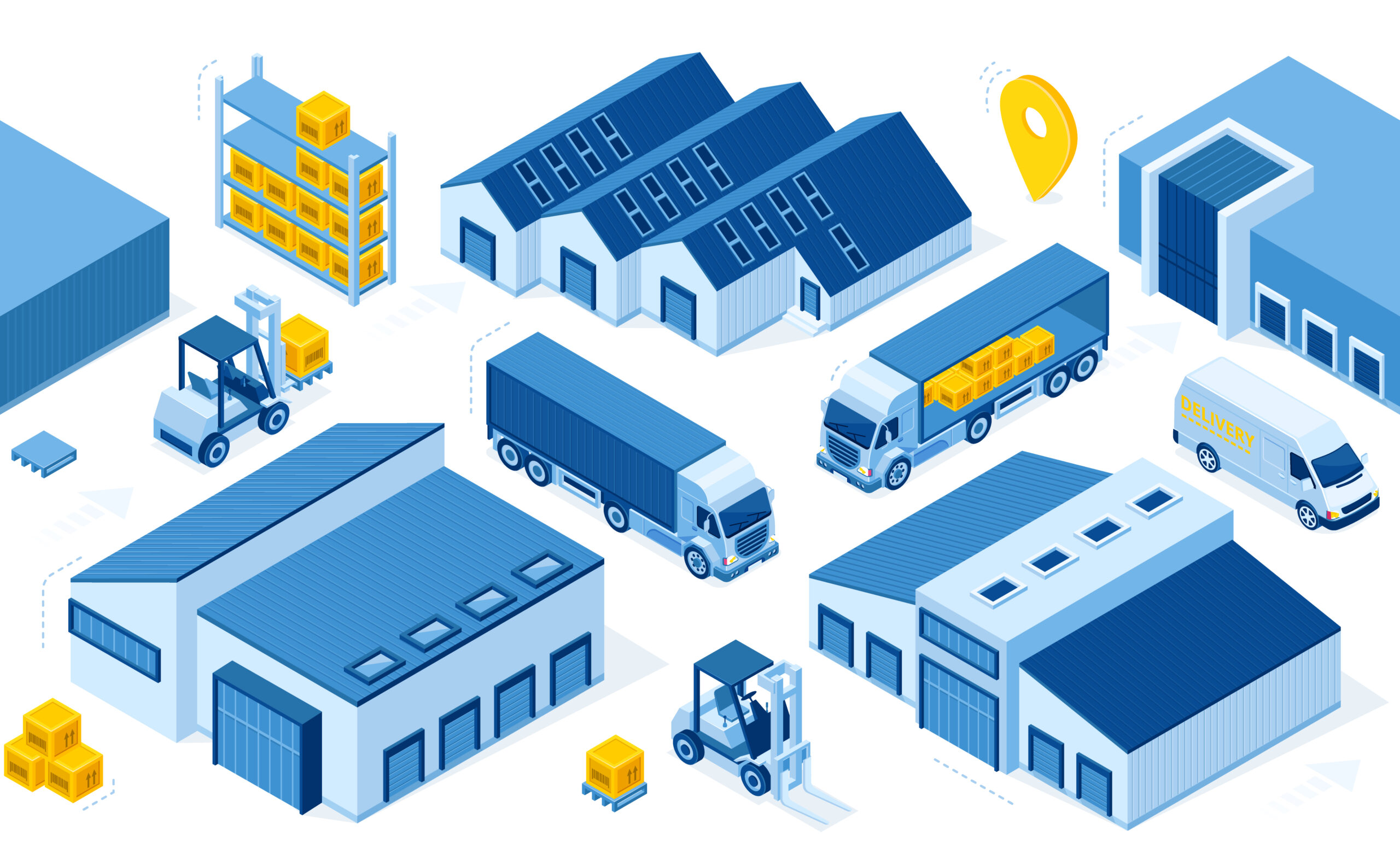On January 8, 2025
Logistics platforms: Everything you need to know
In a globalized and increasingly interconnected world, logistics platforms play an essential role in the movement of goods, optimizing processes and improving efficiency in…

On January 8, 2025
In a globalized and increasingly interconnected world, logistics platforms play an essential role in the movement of goods, optimizing processes and improving efficiency in…
In a globalized and increasingly interconnected world, logistics platforms play an essential role in the movement of goods, optimizing processes and improving efficiency in the supply chain. In this FM Logistic article, we explain everything you need to know about them: what they are, how they work, what types exist and the benefits they bring.
Logistics platforms are strategic spaces designed to facilitate the management, storage and distribution of goods. They function as key nodes within the supply chain, connecting manufacturers, transporters and distributors.
Their main purpose is to optimize the flow of goods, reduce operating costs and ensure that products reach the end consumer in the shortest possible time and in the best possible conditions.
The operation of a logistics platform is based on the integration of key activities such as:
All this is done with the help of advanced technology, such as warehouse management systems (WMS), which ensure accurate and efficient control of operations.
Although they are often confused, they are not the same thing. A warehouse is a space dedicated exclusively to the storage of goods, while a logistics platform also includes activities such as distribution, consolidation, customs clearance and value-added services (labeling, packaging, etc.). In other words, a logistics platform offers a comprehensive supply chain solution.
Among the main activities that take place in a logistics platform are:

The use of logistics platforms offers multiple advantages, among which the following stand out:
How can we help you ?
What are you looking for?
Fill in the form